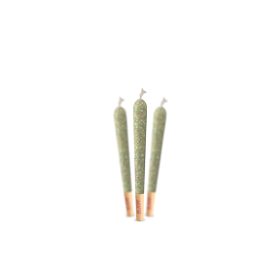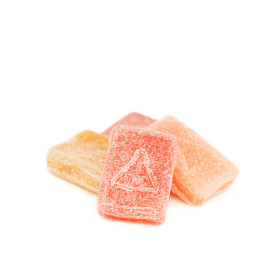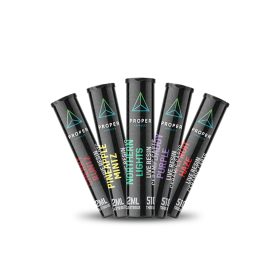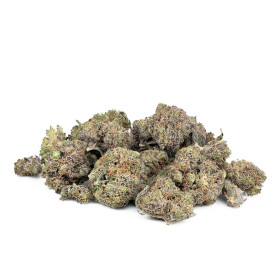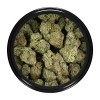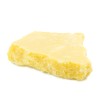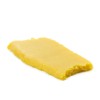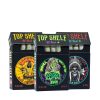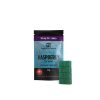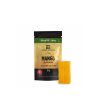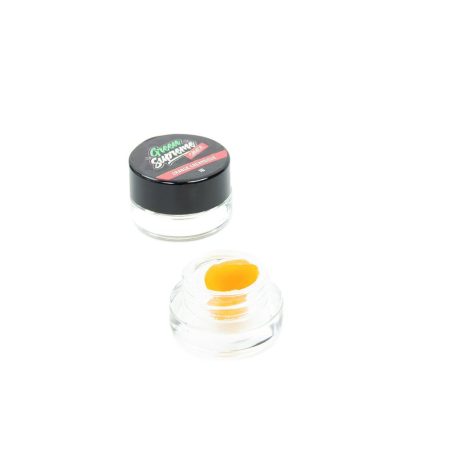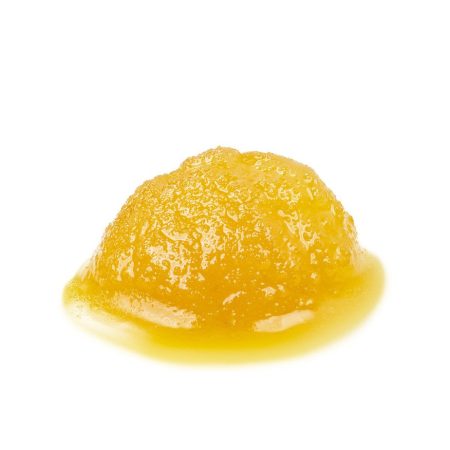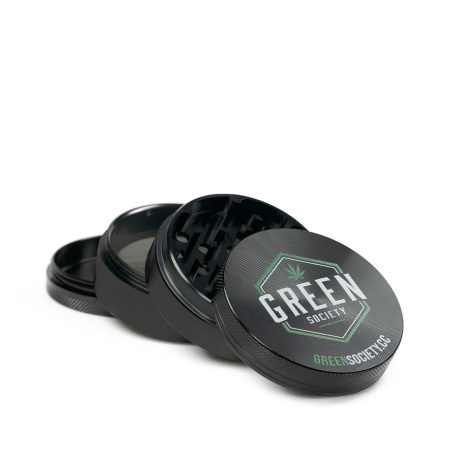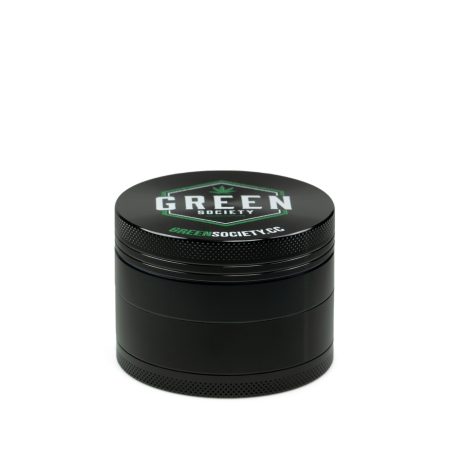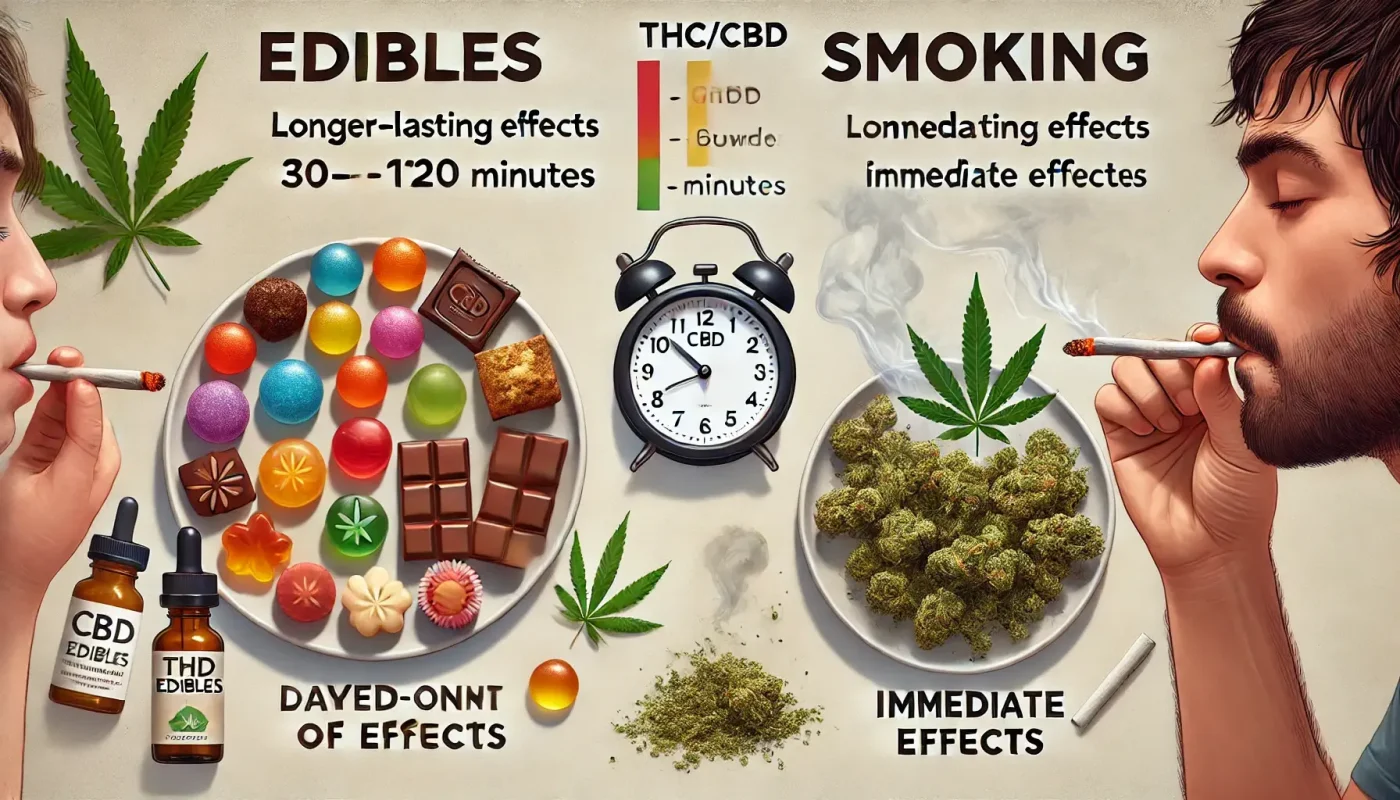Marijuana
Edibles vs. Smoking: Comparing Different Methods of Marijuana Consumption
Introduction
In Canada, the legalization of marijuana has opened up a myriad of ways to consume cannabis. Two of the most popular methods are smoking and consuming edibles. Each method has its unique effects, benefits, and drawbacks. This article aims to compare these two consumption methods to help Canadians make an informed choice based on their preferences and needs.
The Basics of Smoking Marijuana
What is Smoking?
Smoking marijuana involves inhaling the smoke from the burnt cannabis flower. This can be done using joints, pipes, bongs, or vaporizers.
Immediate Effects
When you smoke marijuana, the effects are almost instantaneous. This is because the cannabinoids, particularly THC, are quickly absorbed into the bloodstream through the lungs, leading to a rapid onset of effects.
Duration of Effects
The effects of smoking marijuana typically last for one to three hours, depending on the potency of the strain and the individual’s tolerance levels.
Understanding Edibles
What are Edibles?
Edibles are food products infused with cannabis extract. They can range from gummies and chocolates to baked goods and beverages.
Delayed Onset
Edibles have a delayed onset compared to smoking. It can take anywhere from 30 minutes to 2 hours for the effects to be felt. This delay is due to the digestive process that the edibles must undergo before the cannabinoids enter the bloodstream.
Longer-Lasting Effects
Once the effects of edibles kick in, they tend to last much longer than smoking, typically ranging from 4 to 8 hours. This prolonged duration is one of the main reasons some users prefer edibles over smoking.
Potency and Dosage Comparison
How Much Edible is Equivalent to a Joint?
Determining the equivalence between an edible and a joint can be tricky. A common rule of thumb is that 10 mg of THC in an edible is roughly equivalent to the effects of smoking a moderately potent joint. However, individual tolerance, metabolism, and the specific product’s THC content can significantly influence this comparison.
Dose Control
Controlling the dosage with smoking can be more intuitive, as users can feel the effects almost immediately and can decide to stop once the desired effect is achieved. Edibles, however, require more precise dosing to avoid overconsumption, as the delayed onset can lead users to take more before feeling the initial dose.
Health Impacts: Edibles vs. Smoking
Impact on Lungs
Smoking marijuana, like smoking tobacco, involves inhaling combusted materials, which can irritate the lungs and lead to respiratory issues over time. Edibles, on the other hand, do not involve inhalation, making them a potentially safer option for individuals concerned about their lung health.
Are Edibles as Bad for Your Liver as Alcohol?
Edibles are processed by the liver, where THC is metabolized into a more potent compound, 11-hydroxy-THC. This process can be taxing on the liver, especially with frequent use. However, unlike alcohol, which can cause severe liver damage over time, moderate edible consumption has not been shown to have the same detrimental effects. Nonetheless, individuals with pre-existing liver conditions should exercise caution and consult with a healthcare provider before consuming edibles.
Overall Health Considerations
Both methods of consumption have their own health implications. Smoking can lead to respiratory problems, while edibles, though easier on the lungs, can cause digestive issues or overconsumption if not properly dosed. It’s important to consider personal health conditions and consult with a healthcare provider if unsure.
Using Marijuana for Sleep
Is it Bad to Take Edibles Every Night to Sleep?
Using edibles as a sleep aid can be effective for some individuals. However, regular use can lead to tolerance, meaning higher doses may be needed over time to achieve the same effect. While occasional use is generally safe for most people, nightly use can potentially lead to dependency. Moreover, the long-lasting effects of edibles might result in morning grogginess, affecting the following day’s performance.
Social and Legal Considerations
Discretion and Convenience
Edibles are far more discreet than smoking, as they don’t produce smoke or a strong odor. This makes them a convenient option for those who need to consume cannabis without drawing attention.
Legal Landscape in Canada
Both smoking and consuming edibles are legal in Canada for adults aged 19 and over (18 in Alberta and Quebec). However, there are restrictions on where you can smoke and consume edibles. It’s important to be aware of local laws and regulations to ensure compliance.
Conclusion
Both edibles and smoking have their unique advantages and potential drawbacks. Smoking provides immediate effects and easier dose control but can irritate the lungs. Edibles offer a longer-lasting experience and are more discreet but require careful dosing to avoid overconsumption. Ultimately, the choice between edibles and smoking will depend on personal preferences, health considerations, and lifestyle needs.
For more detailed information and comparisons on edibles and smoking, you can visit Weedmaps.

